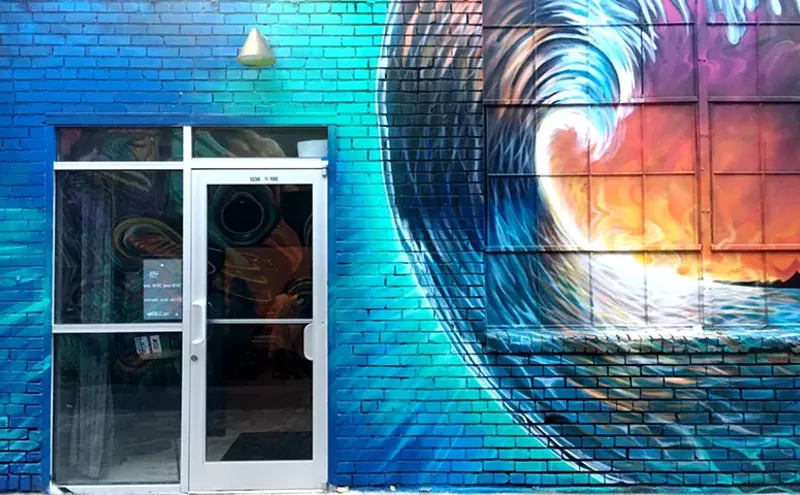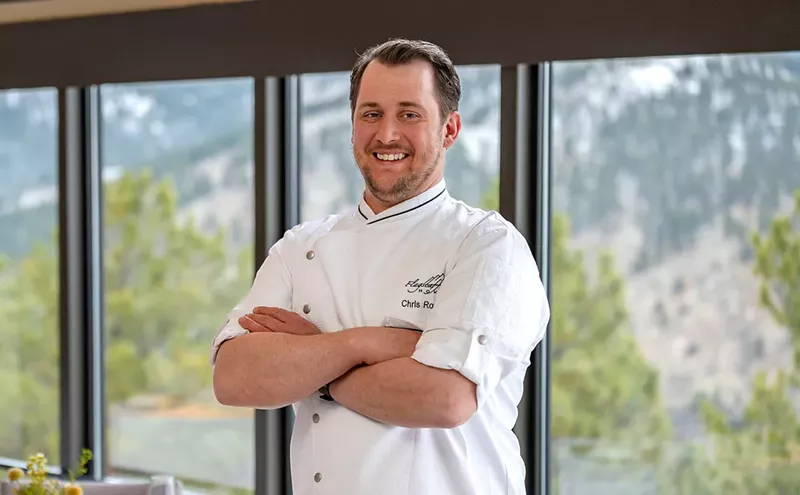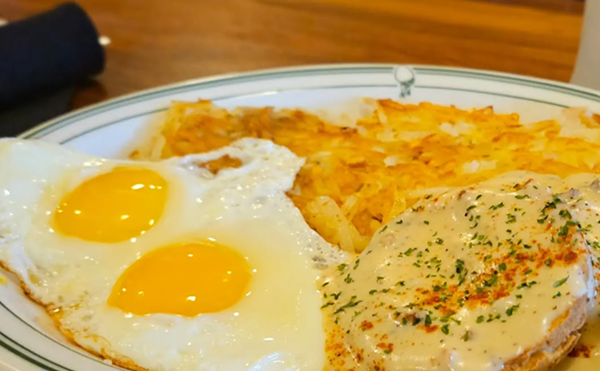See also: Sneak peak of Mythbusters: The Explosive Exhibition, at the Denver Museum of Nature and Science
Led by Dr. Nicole Garneau, the museum's curator of human health, and Dr. Richard Mattes, professor of nutrition sciences at Purdue, the study will focus on the ability of humans to taste fatty acids. The goal is to get 3,000 people to participate in the two-year study, and everyone over the age of eight is invited to take part -- including families, especially ones with twins (identical or fraternal).
In advance of this project, the museum conducted a project studying the sense that tastes bitter. "It's incredibly rewarding to have completed our pilot study on bitter and to move onto getting the public involved, as participants and citizen scientists, in testing big questions concerning the possibility that there are more than just the five confirmed tastes," says Garneau.As a part of the 45-minute study, participants will rate and describe a series of dissolvable taste strips, answer questions about the taste, and tell how their group is related, genetically or not. (Children will only be able to participate with permission from a legal guardian.)
The Genetics of Taste Lab is located in Expedition Health, the museum's exhibition about human biology. Starting Monday, November 11, you can enroll in the study between 9:30 a.m. and 4 p.m. daily. For more information, visit www.dmns.org/genetics.
Follow @CafeWestword.












